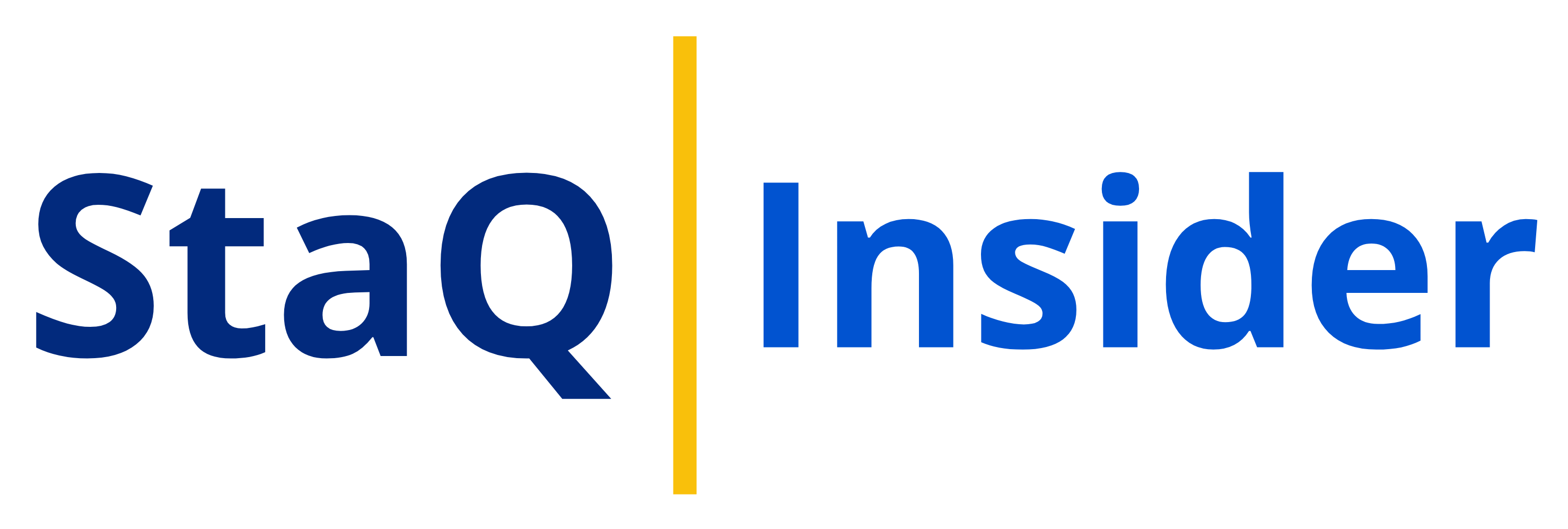In an increasingly digital business landscape, procurement managers often find themselves tasked with negotiating contracts with Software as a Service (SaaS) vendors. These contracts can be complex, touching on everything from pricing and service levels to data security and compliance requirements. With that in mind, here are some top tips for procurement managers when negotiating SaaS contracts.
1. Understand the SaaS Pricing Model
SaaS vendors typically offer subscription-based pricing models, but these can vary widely. Some may charge per user, while others may base their fees on data usage or other metrics. Understanding the pricing model is crucial, as it will directly impact your costs. Be clear about what’s included in the subscription fee and whether there are any additional costs for things like setup, training, or support.
Start by listing your specific needs and align them with the vendor’s pricing model. Also, calculate your Total Cost of Ownership (TCO) over the contract period to avoid surprises down the line.
2. Scrutinize the Service Level Agreement (SLA)
The SLA outlines the level of service you can expect from the SaaS provider, including uptime guarantees and the procedure for handling service interruptions. Be sure you’re comfortable with these terms and don’t hesitate to ask for modifications if necessary. Remember, downtime can be costly for your business.
Consider running “what-if” scenarios to understand how potential service disruptions might impact your operations. Share your concerns with the vendor and negotiate amendments to the SLA if necessary.
3. Assess Data Security and Compliance
Given the cloud-based nature of SaaS, data security is a paramount concern. Ask potential vendors about their security measures, including data encryption and user authentication. Also, ensure the vendor is compliant with all relevant data privacy regulations, such as GDPR or CCPA.
Ask the vendor to share their security certifications and compliance attestations. For significant contracts, consider involving a third-party auditor to validate the vendor’s claims.
4. Plan for Business Continuity
Consider what would happen if your SaaS provider went out of business or you chose to end your contract. Will you be able to retrieve your data, and in what format? Make sure there are clear terms regarding data retrieval and deletion in the contract.
Make sure your contract includes terms on data retrieval in a usable format. Also, consider including a transition service agreement that obligates the vendor to assist if you need to transition to a different solution.
5. Negotiate Scalability
Your needs may change over time, and your SaaS contract should be flexible enough to accommodate those changes. Look for provisions that allow you to easily scale up or down, adding or removing users as necessary without incurring excessive fees.
Look for contracts that allow for modifiable service levels. Ensure there are clear terms on how you can add or remove users, and understand the costs involved in doing so.
6. Don’t Forget About Customer Support
Good customer support can be a lifesaver when issues arise. Ensure the vendor provides a satisfactory level of customer support. This includes not only reactive support (resolving issues as they arise) but also proactive support (like regular check-ins or advice on best practices).
During the negotiation phase, request information about the vendor’s support structure. Ask about their response times, the availability of dedicated support, and whether they provide both reactive and proactive support.
7. Involve Legal Counsel
Finally, it’s always a good idea to involve legal counsel in the contract review process. They can help ensure the contract protects your interests and complies with all applicable laws and regulations.
Have your legal team involved from the start. They can help identify potential legal and regulatory compliance issues, interpret contract language, and negotiate terms that protect your company’s interests.
Conclusion
While SaaS contracts can be complex, a well-negotiated contract can pave the way for a successful and beneficial relationship with your SaaS provider. By understanding the pricing model, scrutinizing the SLA, assessing data security and compliance, planning for business continuity, negotiating scalability, focusing on customer support, and involving legal counsel, procurement managers can ensure they’re getting the best possible deal.
As always, stay tuned to StaQ for more insights and tips on navigating the SaaS landscape.




